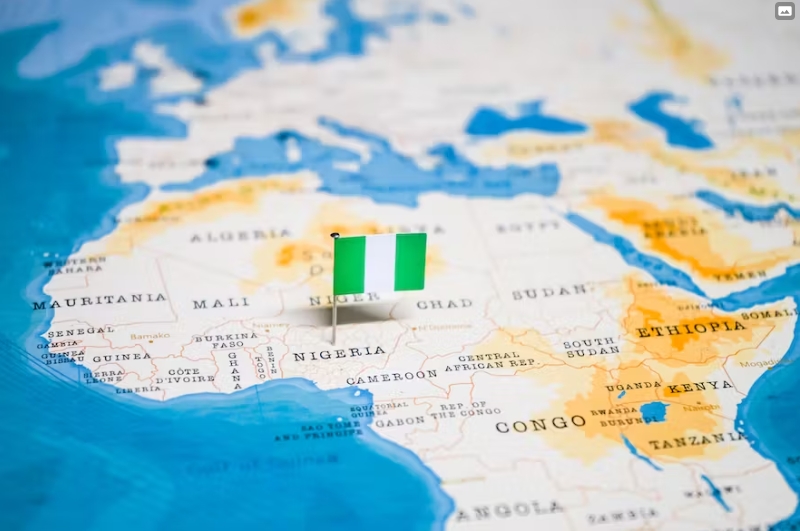
Founded in 1932, Araromi-Okeodo has never had access to grid power. The village, which is about 100 miles northeast of the capital of Lagos, is one of countless communities not served by the national electricity grid. Instead, like nearly three quarters of the country’s rural population, they rely on generators to provide power.
So the commissioning of a new 50-kW solar hybrid minigrid power plant marked a big step forward for the agrarian community of around 6,000 people.
Sholep Energy, a Nigeria-based solar energy and minigrid developer, built the minigrid that will provide 24/7 uninterrupted power to the community, including 700 homes and a new facility that safeguards the village’s clean water supply.
The project was partially funded by the Rural Electrification Agency of Nigeria and the World Bank.
Adeyemo Ademola, the local governor, said during the commissioning ceremony that the minigrid will provide jobs, help reduce the poverty rate and improve living conditions for the people of Araromi-Okeodo.
Oba Abbas Akanabi, the Alara or monarch of Araromi-Okeodo, told reporters that he’d already received inquiries from entrepreneurs interested in building businesses in the village now that it had a reliable source of power.
MOU signed for the development of a large-scale green hydrogen power plant
In a separate project, a memorandum of understanding (MOU) has been signed regarding the development of large-scale green hydrogen and low-carbon energy production in Nigeria.
U.S.-based FuelCell Energy will collaborate on the project with Oando Clean Energy Limited (OCEL), a Nigerian renewable energy company that aims to improve access to electricity in Nigeria and across the African continent.
“Oando has always been a proponent of using energy as a lever to move Nigeria forward. With an understanding of how the gaps within our current power infrastructure impede the nation’s development, we see this MOU signing as an opportunity for us to accelerate the country's industrialization via increased access to power,” said Adewale Tinubu, OCEL’s chairman.
The project will include a 5-MW to 15-MW power plant with FuelCell Energy providing its fuel cell and electrolyzer technology – and possibly its carbon capture and sequestration technologies.
“Nigeria has an abundance of renewable energy sources that can be harnessed with the power of fuel cell technology,” said Jason Few, CEO and president of FuelCell Energy. “We are proud to have the opportunity to collaborate with OCEL to deliver stable electricity supply, better grid reliability and security while contributing to Nigeria’s goal of net-zero emissions by 2060.”
The MOU was signed during an ongoing roadshow hosted by the U.S. Agency for International Development Mission in Nigeria, U.S. Government Prosper Africa and Power Africa. The roadshow aims to drive U.S. investment in Nigeria..
“The increased awareness and acceptance of renewable energy as a sustainable and long-term approach to the world’s power needs has led to lower prices and increased innovative and more accessible solutions,” Tinubu said. “We are excited, not just by signing this MOU, but the progress we continue to make in identifying and deploying solutions that show Nigeria and the continent as committed to a cleaner and more sustainable future.”